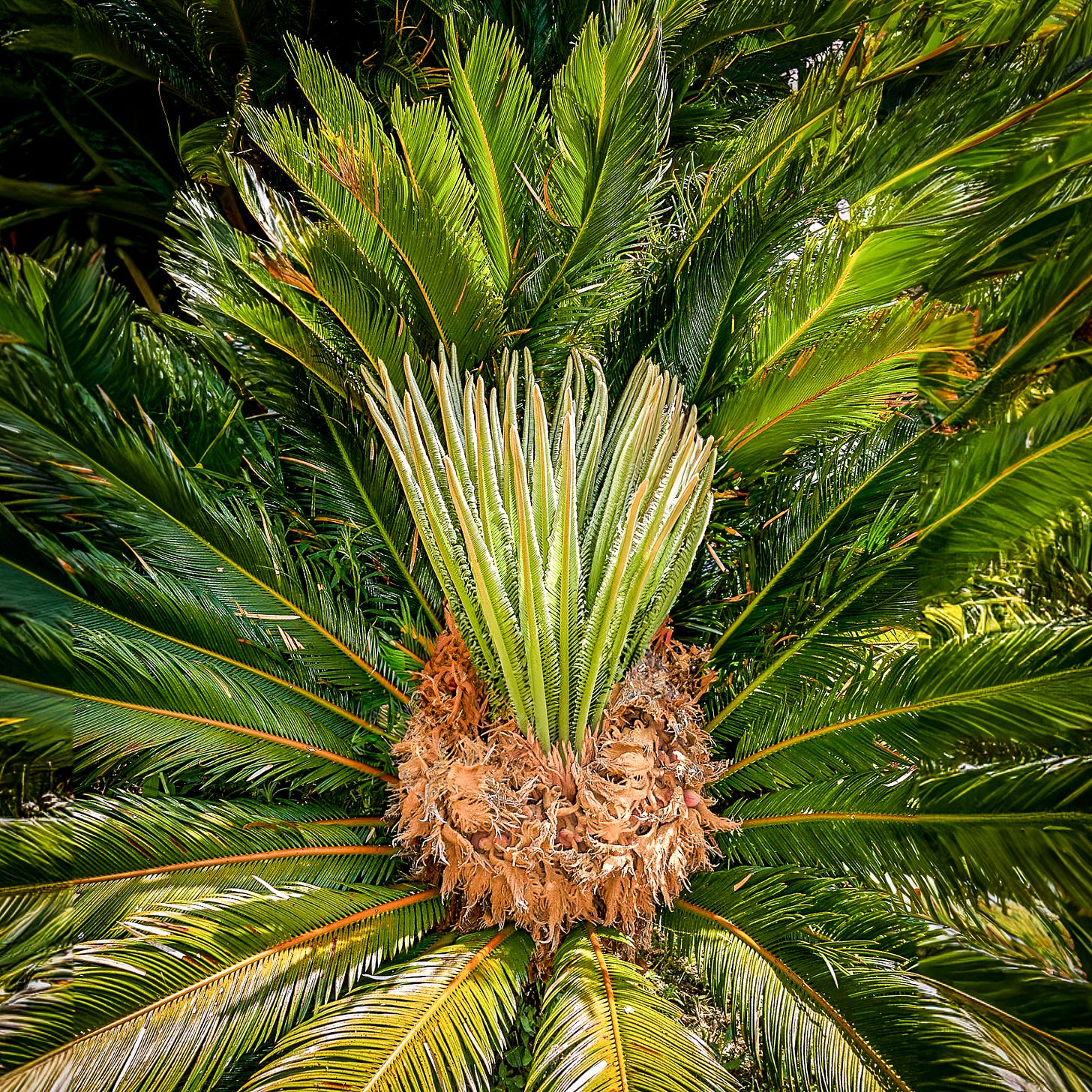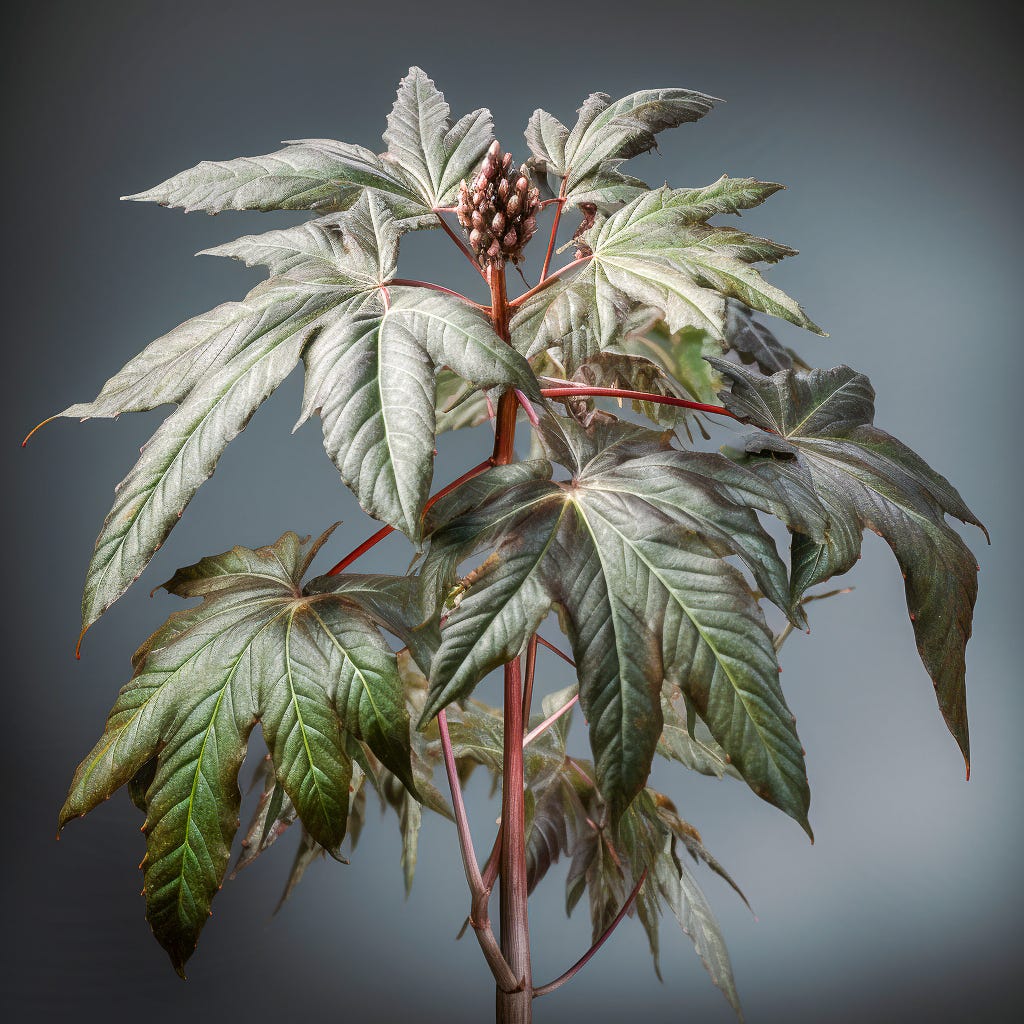NAPA, Calif. — Many of our commonly cultivated house and garden plants contain toxins. During my 35 plus years in veterinary practice, I treated many patients for either known or suspected toxic plant ingestion.
For the most part, plants that are poisonous to pets are equally dangerous to children. Once people are aware of this potential danger, they can reduce the risk to pets by reducing exposure and to children by educating them not to ingest plants in the house and yard.
Fortunately, most toxic plants taste bad, and this generally limits how much dogs and cats will eat. However, dogs, especially puppies, are indiscriminate about what they will taste, which increases their risk of plant poisonings. Cats in general are less likely than dogs to randomly chew on plants. However, I have noticed that many indoor cats will nibble or chew on house plants and dried plant material.
For veterinarians, one plant stands out by far as a known or suspected source of toxicity: marijuana (Cannabis sativa). While a dog might chew on a backyard plant, most exposures are via ingestion of either dried plant material or “edibles.”
Symptoms of cannabis toxicity can be profound and disturbing and include disorientation, loss of balance, lethargy, slow heart rate and tremors. These symptoms resemble many other toxicities, so tell your veterinarian if you know or suspect that your pet ingested a cannabis product. Fortunately, with a prompt diagnosis and appropriate care, most patients survive.
A drooling pet, often a cat, is another common presentation of plant toxicity in veterinary practice. This symptom can result from the pet chewing on plants that contain oxalic acid crystals. These crystals are found in many houseplants, including dieffenbachia, philodendron, pothos (Epipremnum aureum), peace lily (Spathiphyllum), elephant ear plant (Caladium spp.) and arrowhead plant (Syngonium podophyllum). The crystals can cause intense irritation and pain and swelling of the mouth and throat.
Lilies (including Easter lily, tiger lily, and ‘Stargazer’ lily) and some daylilies (Hemerocallis spp.) are uniquely and severely toxic to cats. Ingesting even a small portion, including cut flowers, causes kidney injury and can lead to kidney failure. Keep indoor cats away from any lilies in the home, both potted plants and cut flowers.
Sago palms (Cycas revoluta) are common in Napa County, both as in-ground and potted plants. They contain a toxin found throughout the plant but especially concentrated in the seeds (nuts). I have seen dogs, usually puppies, with gastrointestinal symptoms (vomiting, diarrhea, abdominal pain) from chewing on this plant. Without prompt and appropriate treatment, they can develop severe liver toxicity, which can be fatal.
Grown as a showy ornamental in mild climates and commercially for its oil, castor bean plant (Ricinus communis) is now recognized by the California Invasive Plant Council as an invasive species in southern and central California. The seeds (beans) are extremely toxic, containing high concentrations of ricin, a potent poison. The dogs I saw in my practice had symptoms that resembled those of severe parvovirus infection: bloody vomit and diarrhea, marked dehydration, weakness and toxic shock. Ingesting only a few beans can be fatal to dogs and humans.
Many common plants contain toxins that affect the cardiovascular system. These include foxglove, tulip and narcissus bulbs, lily-of-the-valley, certain milkweeds (Asclepias spp.) and oleander. Ingestion of very small amounts of any of the plant parts can cause gastrointestinal and heart-related symptoms that are potentially fatal.
Wild mushrooms can also be toxic, even deadly. While many mushrooms are not toxic, identifying those that are safe to eat is best left to experts. Never eat wild mushrooms unless they are identified as safe by a trusted expert. Scan your yard for wild mushrooms and remove them prior to letting your dog out. When walking your dog in an area with wild mushrooms, keep your pet on leash to prevent any foraging. Never feed your dog mushrooms or food containing mushrooms; you do not want your dog to think of mushrooms as food.
If you’re a pet owner, learn to identify toxic plants in your yard and home before a problem occurs. The ASPCA keeps a list with pictures of both toxic and non-toxic plants. Master Gardeners of Napa County can also help you identify a plant if you submit samples and/or pictures to our Help Desk (address below).
If you suspect your pet ingested a toxic plant, call your veterinarian immediately and be prepared to take your pet in for emergency treatment. Bring samples of the plant with you and pictures of the entire plant if possible. You can also contact Animal Poison Control directly at 888-426-4435.
For more comprehensive information, consult these online publications:
UC ANR Publication 8564 Poisonous Plants
Veterinary Partner offers articles written by veterinarians on many common plants that are toxic to pets.
Library Talk: Join UC Master Gardeners of Napa County for a free Napa Library talk on “Save Your Leaves, Save the Planet!” on Thursday, Sept. 7, from 7 to 8 p.m. via Zoom. Learn how to use organic materials from your kitchen and garden to enrich the soil and fight climate change. Register here to receive the Zoom link.
Guided Tree Walk: Join UC Master Gardeners of Napa County for a free guided tree walk in Napa’s Fuller Park, Oak Street and Jefferson Street, on Friday, Sept. 8, from 10 a.m. to noon. Space is limited to 15 and each person attending must register separately. Register here.
Food Growing Forum: Join UC Master Gardeners of Napa County for “Rooting for Root Vegetables” on Sunday, Sept. 10, from 3 to 4 p.m. via Zoom. Root vegetables grow readily from seed sown in September’s warm weather, just as the rest of the garden starts to wane. Beets, carrots, turnips and other root veggies benefit from cooler weather, getting sweeter and juicier as temperatures drop. Learn how to plant and care for these root crops, which you can harvest well into fall. Register to receive the Zoom link.
Help Desk: The Master Gardener Help Desk is available to answer your garden questions on Mondays and Fridays from 10 a.m. until 1 p.m. at the University of California Cooperative Extension Office, 1710 Soscol Ave., Suite 4, Napa. Or send your questions to mastergardeners@countyofnapa.org. Include your name, address, phone number and a brief description of the problem. For best results, attach a photo.
Genever Fox is a doctor of veterinary medicine and Master Gardener of Napa County.









very interesting. Thank you